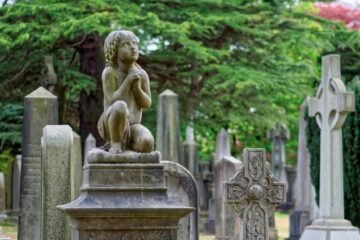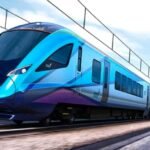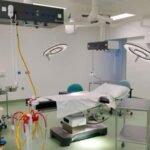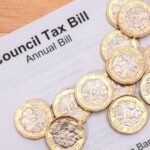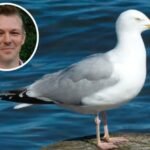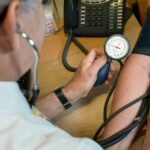Scotland could save billions of pounds by scrapping the Trident nuclear weapons system and investing the money in social security, according to a new report by the Scottish Campaign for Nuclear Disarmament (SCND).
Trident: a costly and immoral burden
The report, titled “Trident: a costly and immoral burden”, argues that the UK’s nuclear deterrent is not only a threat to global peace and security, but also a drain on public finances that could be better spent on welfare, health, education and other public services.
The report estimates that the UK spends about £5.2 billion a year on maintaining and operating Trident, which is based at the Faslane naval base on the Clyde. This figure does not include the cost of replacing the ageing submarines that carry the nuclear warheads, which is expected to be at least £31 billion over the next 30 years.
The report also claims that Trident is incompatible with Scotland’s values and aspirations, as well as its international obligations under the Treaty on the Non-Proliferation of Nuclear Weapons (NPT) and the Treaty on the Prohibition of Nuclear Weapons (TPNW), which the UK has not signed.
Scotland: a nuclear-free nation
The report proposes that Scotland should become a nuclear-free nation after independence, and join the growing number of countries that have renounced nuclear weapons. It suggests that Scotland could follow the example of New Zealand, which banned nuclear weapons and nuclear-powered vessels from its territory and waters in 1987.
The report also outlines the steps that Scotland would need to take to dismantle Trident and remove the nuclear warheads from its soil. It says that this process would take about four years, and would require cooperation and negotiation with the UK government and the International Atomic Energy Agency (IAEA).

The report acknowledges that some jobs would be lost as a result of scrapping Trident, but argues that these could be offset by creating new jobs in the renewable energy, decommissioning and conventional defence sectors. It also suggests that some of the savings from Trident could be used to support the workers and communities affected by the transition.
Social security: a human right
The report argues that social security is a human right that should be guaranteed to all citizens, especially in the aftermath of the Covid-19 pandemic, which has exposed and exacerbated the inequalities and injustices in the UK’s welfare system.
The report estimates that Scotland could spend about £4 billion a year on improving and expanding its social security system, which is currently devolved to the Scottish Parliament. This would include:
- Increasing the Scottish Child Payment from £10 to £20 a week for each eligible child, and extending it to all children under 18.
- Introducing a Universal Basic Income (UBI) of £100 a week for every adult and £50 a week for every child, regardless of income or employment status.
- Abolishing the Bedroom Tax, the Benefit Cap, the Two-Child Limit and the Rape Clause, which have been imposed by the UK government and have disproportionately affected women, children and disabled people.
- Enhancing the Carer’s Allowance, the Disability Living Allowance, the Personal Independence Payment and the Attendance Allowance, to reflect the real costs and challenges of caring and living with a disability.
- Establishing a National Care Service, to provide free and high-quality care for older and disabled people, and to improve the pay and conditions of care workers.
The report claims that these measures would not only reduce poverty and inequality, but also boost the economy, create jobs, improve health and well-being, and strengthen social cohesion and democracy.
Conclusion
The report concludes that Scotland has a unique opportunity to choose a different path from the UK, and to become a more peaceful, prosperous and fair society. It says that by getting rid of Trident and investing in social security, Scotland could demonstrate its commitment to human rights, international law and global solidarity, and set an example for the rest of the world.


